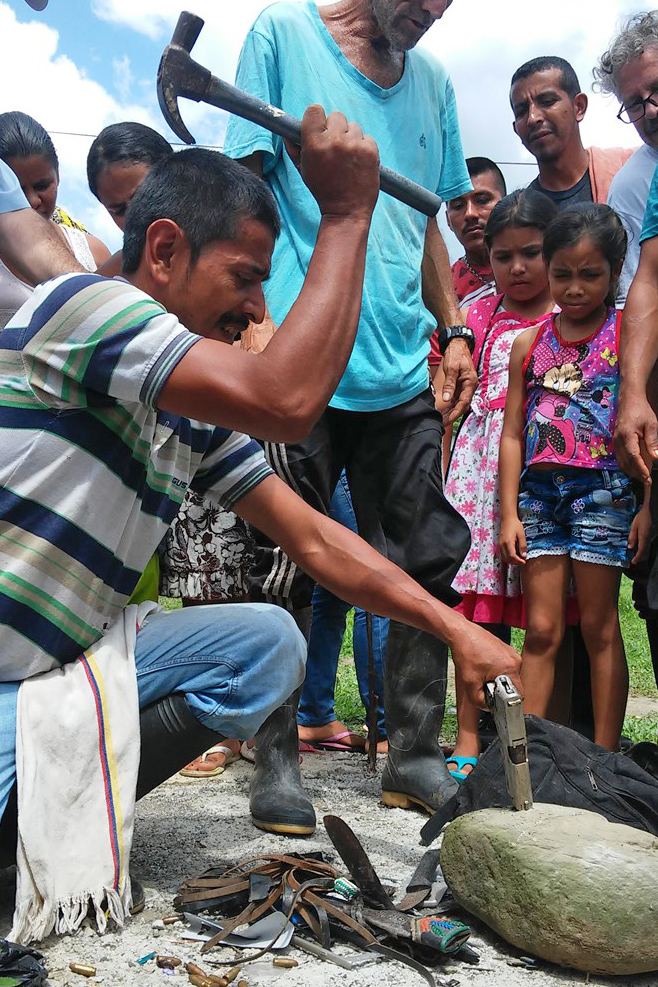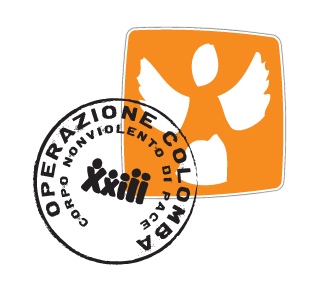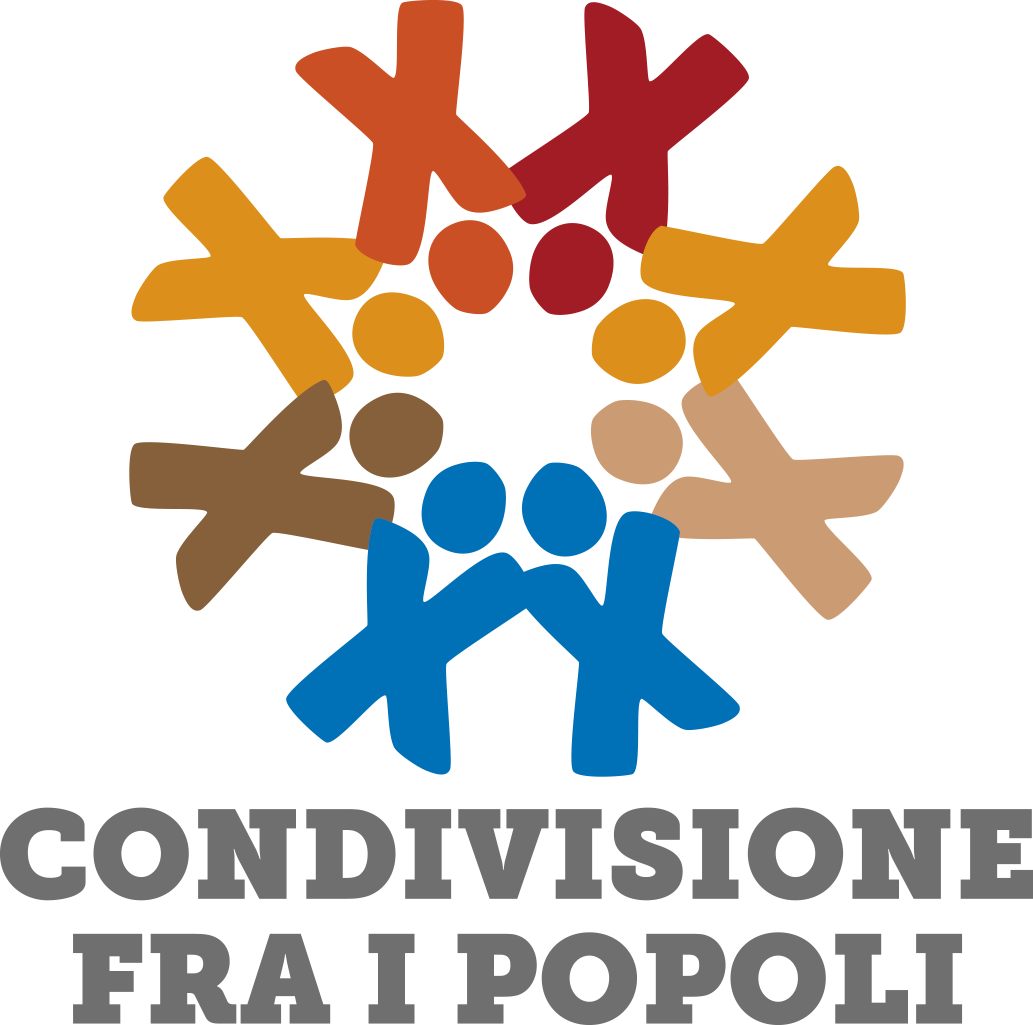 In recent days, the escalation of violence in the war in Ukraine has shocked many of us, who suddenly feel "close and involved" in a war which only now seems to be “next door”, but which actually began in the spring of 2014 and has already caused 13,000 victims and 1.5 million internally displaced people. However, before the recent upsurge very few were interested in it.
In recent days, the escalation of violence in the war in Ukraine has shocked many of us, who suddenly feel "close and involved" in a war which only now seems to be “next door”, but which actually began in the spring of 2014 and has already caused 13,000 victims and 1.5 million internally displaced people. However, before the recent upsurge very few were interested in it.
Of course, the empathy towards so much suffering and the indignation for the horror that Ukrainian people are experiencing is sacrosanct, and it is a duty to show solidarity and bring help to those who are fleeing. We too, as Comunità Papa Giovanni XXIII Association, immediately went to Ukraine to open a Humanitarian Corridor.
Nevertheless, I can’t help thinking about the thousands of victims who escaped from other wars which we did not consider "ours" or "close" or "threatening" and which only led us to raise walls and barbed wires, confining so many persons in cold, hunger and oblivion, denying them any possible future.
In fact, I wonder how it is possible that the tears of those African, Afghan, Syrian children are less worthy of our embrace and our ability to welcome.
I wonder why we consider class B citizens parents with bruised feet from walking for weeks, or mothers often tortured and raped, travelling for months carrying the hope of a fair life in their wombs.
Is it just because they didn't come from European territories?
Does solidarity move according to the victims’ state of origin? Is there a form of hypocrisy that does not allow us to recognize our brother or sister beyond certain geographical borders?
War does not come overnight, it is a calculated tug of war between powers and governments with a single objective in mind: economic interest. In geopolitics, those who control the resources hold the power, nothing else matters. War is rooted in injustice.
Between 2011 and 2015, the Italian government authorized arms’ shipment to Russia for 131 million euros, despite the European Union trade embargo due to the conflict in Donbass.
From 1998 to 2020, the European Union itself supplied €344 million worth of arms to Ukraine and €1.9 billion towards Russia.
Today, after mild and belated diplomatic attempts to seek a solution to the conflict, the flow of arms to Ukraine is continuous and has not been questioned yet. Thousands of people around the world have taken to the streets to demonstrate in favor of peace. However, few have asked for diplomatic solutions to be found instead of sending weapons, suggesting, for example, that a European delegation was sent to Kiev to open a dialogue. Most European citizens are calling for peace while fastening their helmets. The fear of a nuclear accident or a nuclear attack has made us look at Russian military actions as a crime against humanity. It is true, but we should also strongly ask Italy to sign the Treaty on the Prohibition of Nuclear Weapons, which has been ratified by 50 countries but not by ours.
In fact, providing weapons will not lead to peace but it will cause a dizzying increase in violence. It will reinforce the idea of a world divided, between good and bad, between war and peace, a world where the only unifying element is the use of violence.
I live in a community of farmers in Colombia, it is a peace community which has been subjected to abuse and murders for 25 years and has never reacted with weapons. I believe violence is not the answer, but I am not the only one. I speak for the Russian and Ukrainian activists that we have been able to contact days ago. They are the first to call for the abolition of the word "defeat" from the dictionary of peace, because they know that peace will not be made when an army is beaten, but when there are no more armies. And to get there, a change of direction and mentality is required.
We constantly breathe violence and often ignore the real reasons for the conflicts that are causing innocent victims in the world, and not only in Ukraine.
We must not only pray for the Ukrainian people, but also for the Russian people, for the thousands of people imprisoned because they disagree with the war. Days ago a Russian activist from Moscow was arrested after meeting a Ukrainian activist from Kiev.
During the meeting she told us: "I am scared to speak, I don’t want to be put in jail, but the Ukrainian people are more scared than me under the bombs, therefore I am going to speak".
Persons like her, along with thousands of others, are not asking for weapons, but for support from the people, from nonviolent movements, from civil society. They want us to ask for a peace founded on justice and not built upon rubble and ruins.
As Martin Luther King once said: “It is no longer a choice, my friends, between violence and nonviolence. It is either nonviolence or nonexistence. We must learn to live together as brothers or we will all perish together as fools”.

 OPERAZIONE COLOMBA
OPERAZIONE COLOMBA
